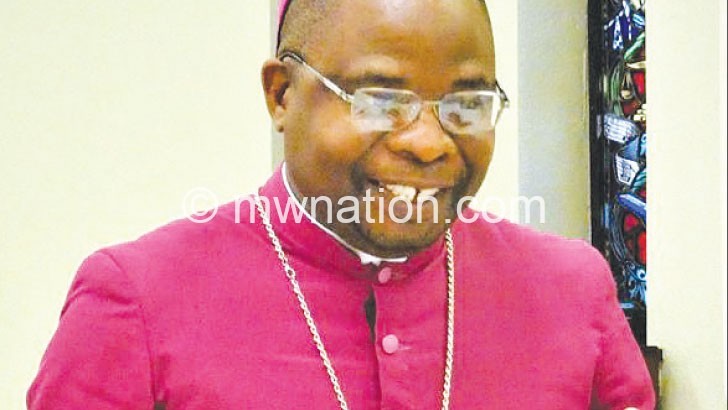Taking gender equality to the temple

Khadijah Dyton is an unwavering Muslim and a good orator. No wonder she is always entrusted with responsibility to lead her fellow women during dawa (prayers).
Dyton believes the skills she has acquired from leading women are enough to enable her stand on a pulpit to deliver the word of God.
Although Dyton challenges that given a chance she can surprise many with her mastery in explaining the word of God to the doubting ‘Thomases’, that will never happen as her religion does not allow women to preach in the mosque.
“I have been preaching for some years now, but among fellow women only because my religion won’t allow me to stand before men believers,” she says.
It is undeniable that the wind of gender equality is sweeping through the world, with a call for governments and faith groups to raise the status of women in society.
This comes against a background that women have, since time immemorial, been confined to kitchen and laundry tasks.
Until recently, women played second fiddle to men in almost all sectors of life.
Social and political leaders across the world are realising that women, too, can perform wonders if given a chance to lead.
In Malawi and other Southern African Development Community (Sadc) countries, gender activists are fighting for 50-50 women representation in positions of influence in society.
Although Malawi is among countries struggling to fulfil its commitment to raise the status of women, the nation has registered a significant increase in the number of women in positions of authority both in secular and religious circles.
It is worth noting that some of the women currently holding positions of authority in Malawi have not disappointed.
Women such as Ombudsman, retired judge Tujilane Chizumila, and Chief Justice Anastazia Msosa have made a mark in Malawi.
The ascendancy of Joyce Banda to the presidency also demonstrates the potential women have to get to the very top in leadership.
Reverend Mercy Chilapula, deputy moderator of Blantyre CCAP Synod, is among women who have made a mark in the church and society at large.
Pastor Chrissie Chidzalo is another successful evangelist who is heading the Chrissie International Ministries with headquarters in Blantyre and branches spread as far as the USA.
This notwithstanding, some religious groups still believe that women should not rise to the positions of pastors or priests.
Worldwide, there has been a lot of controversy over the role of women in the Church. The main conflict revolves around biblical passages written by Paul.
In 1 Corinthians 11:3, Paul says: “Now I want you to realise that the head of every man is Christ, and the head of the woman is man, and the head of Christ is God.”
Many people understand the verse to mean that women have to submit to their husbands.
Sheikh Alidi Iron of Usumani Masjid in Machinga says Islam does not allow women to serve as sheikhs or stand on the pulpit to preachbecause their presence would trigger sexual feelings and temptations among male worshippers.
Iron says this may derail male worshippers as they will stop concentrating on prayers, but the beauty of the preacher.
“Even if she has attained the highest education in life, a woman won’t be allowed to stand at the pulpit and preach. There are many laws in the Qur’an that state that a woman should not stand before men in the mosque,” he stresses.
A Catholic priest, Henry Saindi, says the question of whether women can lead the church is controversial.
Saindi says the Catholic tradition has two points of references to the issue: Sacred Orders that one exercise as a result of sacred ordination while other ministries simply require installation or appointment by an authority in the church.
The priest says he supports the campaign for 50-50 women representation in public positions, including the church, although he asks for faith and right motives when implementing the campaign.
But he cautions that as much as the Church is human, people should remember that it is divine, arguing that it is not just a human society.
But another Muslim woman, Kulaisi Jackson, who lives at Kwacha in Blantyre, urges her religious leaders to mainstream gender, arguing that dawa is not enough a platform for women to spread God’s word.
“Some women preach better in dawa than our sheikhs who minister in mosques. I feel women should be given the platform where they can preach.
“As for sexual temptations, I wish to say that women also have feelings and temptations as sheikhs preach. But we know how to control them. Men can also control theirs. Therefore, sexual temptations should not be an excuse for victimising women in religion,” says Jackson.
All is not lost, though, as some churches which took a hard stance on female preachers such as Seventh-Day Adventist (SDA) Church have begun opening the pulpit to women.
Pastor Jossen Ndalama of Luchenza SDA Church says his church has embraced gender equality.
“Previously, women were not allowed to preach before men. But we have changed this and that is why you will find women preaching even when men are there,” says Ndalama.





